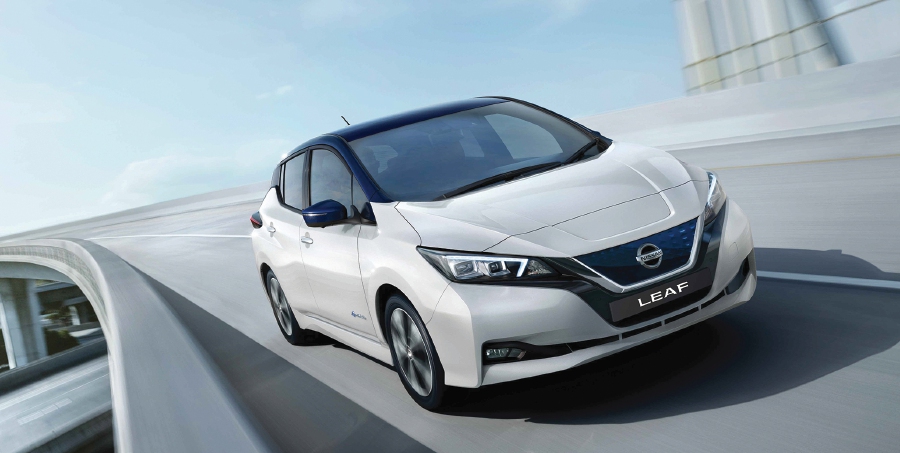ELECTRIC Vehicles (EVs) are actually nothing new to the auto industry as there were actually thousands in use around 100 years ago.
However, technology at that time was such that performance of EVs was restrained, while the cars with internal combustion engines (ICE) became more powerful and had better performance.
Of course, back then, there was no concern about the environment.
Nissan was among the first companies in Japan to develop and sell an EV, hence it is well positioned to take a leading role in driving the future of electric mobility globally and also in Asean.
In its long history of challenging convention with iconic cars and breakthrough technologies, one very special milestone came in 1947 with the Tama, Nissan's first zero-emission EV.
Produced in response to petrol shortages in Japan at that time, the Tama could carry 4 persons up to 100kms on just electric power. It was not a concept car and 1,100 of these innovative EVs were sold.
With the inspiration of having had an EV in its history, Nissan engineers again sought to develop an advanced EV and drew on decades of R&D in electric vehicles.
In 1996, for example, Nissan had a running EV which used a lithium-ion battery pack, the first EV to use such a battery which offered a range of up to 200km because of better storage capacity.
Today, lithium-ion battery packs are commonly used in EVs by all manufacturers.
Changing perceptions of EVs
The general perception of EVs before the Leaf was launched was that they were fine for use as golf course buggies or airport shuttles, but were not really suited for daily motoring.
The Leaf totally changed that perception by delivering a smooth driving performance combined with powerful acceleration and a focus on handling. The size of the Leaf cabin was also spacious enough to seat 5 persons comfortably.
With old battery technology, the battery pack could not store much energy. But the Leaf's high-capacity battery pack could store a lot more electricity which meant longer range. More importantly, recharging was also as easy as recharging a smartphone. And it could even be done at home. With more powerful charging stations, the time to recharge could be around an hour to reach 80 per cent capacity, which would allow for greater distance of travel.
Fears of being electrocuted while connecting the charging cable when it was raining proved to be unfounded. Even if rain fell on the cable and around the charging port, it was still safe enough as Nissan made sure to provide all the necessary insulation and protective measures against water. For confirmation, the EV passed the Japan New Car Assessment Programme's electric shock protection test.
'No going back'
The head of Nissan said the company had no reverse gear for electric, despite the UK government rowing back on one of its flagship policies.
"More than a million customers have already joined our journey and experienced the fun of a Nissan electric vehicle," said Makoto Uchida as reported by AFP.
"There is no turning back now," he added.
Uchida's pledge came after Prime Minister Rishi Sunak enraged green campaigners and the car industry by postponing a proposed ban on new petrol and diesel cars by five years from 2030 to 2035.
But he insisted it would not affect UK targets to hit net-zero carbon emissions by the middle of the century.
Nissan recently unveiled its new 20-23 Concept car in London to mark the 20th anniversary of its design studio in the Paddington area of the British capital.
Uchida promised that Nissan "will make the switch to full electric by 2030 in Europe", saying "it is the right thing to do for our business, our customers and for the planet".
The Japanese carmaker, a partner of France's Renault, announced in February that it was speeding up its move towards electrification.
It aims for 98 per cent of sales of electric vehicles (electric or hybrid) in Europe by 2027.
"With many countries debating when to ban sales of internal combustion engines, Nissan is pressing ahead with plans to achieve 100 per cent EV in Europe by 2030," Nissan said.
All new models on the European mainland will be all-electric from that date, it added.
Globally, the carmaker expects to launch 19 all-electric vehicles between now and the end of the current decade.
It also plans to introduce cobalt-free technology to reduce the cost of EV batteries by 65 per cent from 2028.
British car manufacturing lobby group the SMMT said the UK government postponement had caused "confusion and uncertainty" in the sector.









